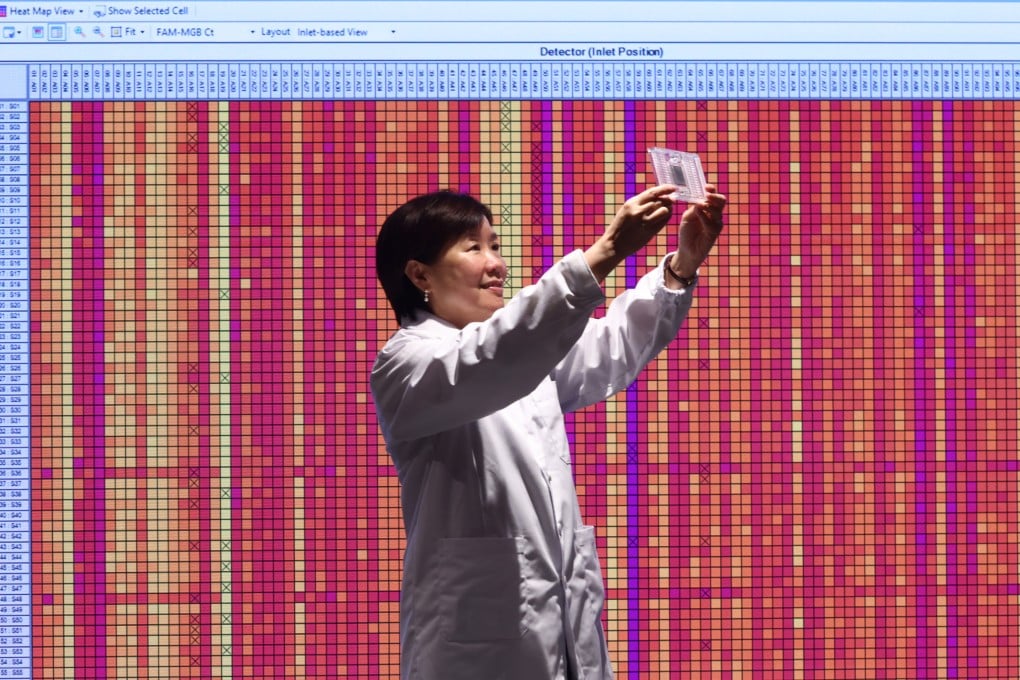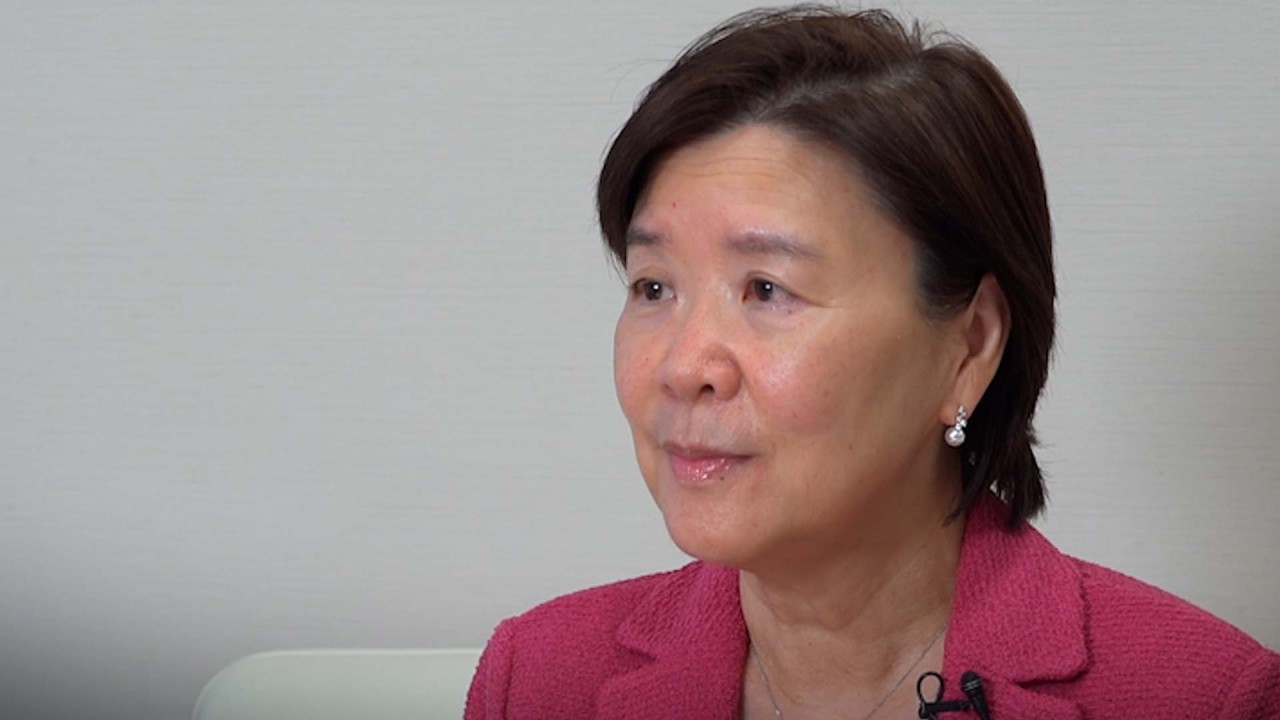Exclusive | Hong Kong’s first woman university president Nancy Ip gets mainland Chinese support to speed up research on Alzheimer’s disease
- Renowned neuroscientist says access to mainland Chinese data of 10 million Alzheimer’s disease patients a big boost for research
- University president also calls for girls to break ‘gender myth’ by taking up science and technology studies

Hong Kong University of Science and Technology (HKUST) president Nancy Ip Yuk-yu hopes to break new ground in the diagnosis and treatment of Alzheimer’s disease after securing mainland China’s support to tap into its database of 10 million patients and work with hospitals there next year.
In an interview with the Post, the renowned neuroscientist and Alzheimer’s disease expert said she was confident Hong Kong would stay ahead of its rivals in innovation and technology (I&T) if it continued to nurture and attract talent, adding that it enjoyed unique advantages from being part of the Greater Bay Area.
She said Hong Kong’s international research collaborations had remained unscathed despite growing geopolitical tensions between the West and China, and called on scientists worldwide to stay focused on working together to tackle global challenges such as ageing and sustainability.
Ip, 66, took over as president last month, becoming the first woman to lead a public university in Hong Kong. She has a PhD in pharmacology from Harvard Medical School and worked in New York before joining HKUST in 1993. She is also head of the Hong Kong Centre for Neurodegenerative Diseases.
Outlining her plans for HKUST, she said she wanted the university to be a leading institution making significant global contributions and also hoped to encourage female students to break the “gender myth” and succeed in science and technology-related fields.

